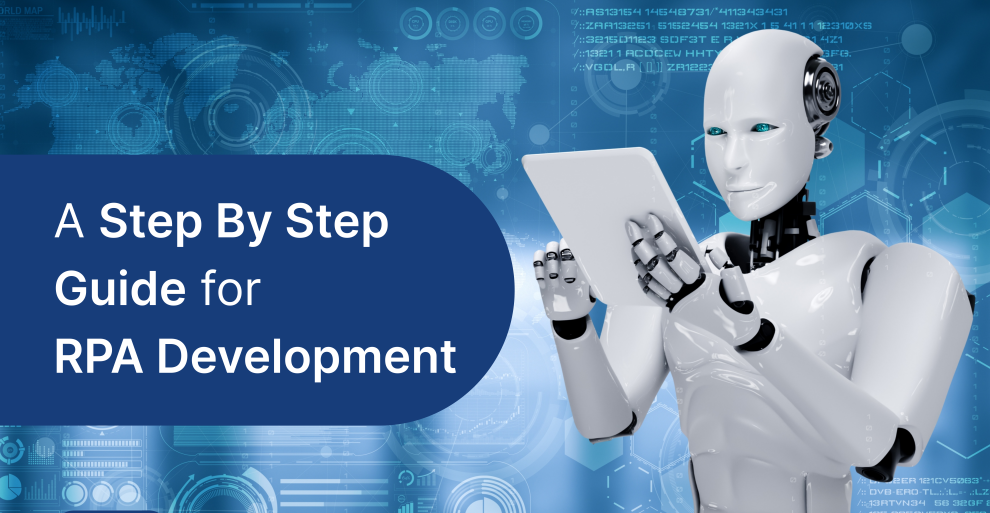Explore the powerful applications of Robotic Process Automation (RPA) in healthcare, revolutionizing administrative tasks, enhancing patient care, and optimizing operational efficiency.
Introduction:
In the dynamic landscape of healthcare, Robotic Process Automation (RPA) is emerging as a transformative force, revolutionizing operational efficiency and patient care. Automation in healthcare goes beyond mere process optimization; it’s about creating a seamless ecosystem that prioritizes accuracy, speed, and patient-centricity.
Discover how RPA streamlines administrative tasks, accelerates claims processing, ensures data accuracy, facilitates remote patient monitoring, optimizes drug dispensation, and enhances regulatory compliance in healthcare settings.
Enhancing Administrative Processes:
RPA is reshaping healthcare administration by automating tasks such as appointment scheduling and billing processes. This not only reduces manual workload but also allows healthcare professionals to redirect their focus towards providing quality patient care.
Accelerating Claims Processing:
Experience the efficiency of RPA in claims processing. Automation expedites the validation and submission of insurance claims, minimizing errors, and facilitating faster reimbursement processes, ultimately improving financial workflows within healthcare organizations.
Improving Data Entry and Management:
Discover how RPA is elevating data entry and management within healthcare systems. Automation ensures the accuracy of patient records, minimizes data entry errors, and enhances the overall integrity of healthcare databases, fostering a secure and reliable information ecosystem.
Enabling Remote Patient Monitoring:
Explore the role of RPA in remote patient monitoring. Automation facilitates the collection and analysis of patient data, allowing healthcare providers to remotely monitor vital signs, ensuring timely interventions, and improving the quality of patient care from a distance.
Enhancing Drug Dispensation and Inventory Management:
Experience the impact of RPA on drug dispensation and inventory management. Automation optimizes the tracking of pharmaceuticals, reduces the risk of errors in medication administration, and ensures efficient management of healthcare supplies.
Ensuring Regulatory Compliance:
Delve into how RPA supports healthcare organizations in ensuring compliance with regulatory standards. Automation assists in maintaining accurate documentation, adhering to privacy regulations, and facilitating audits, thereby minimizing the risk of compliance-related issues.
Addressing Appointment Reminders and Follow-ups:
Witness how RPA contributes to patient engagement through automated appointment reminders and follow-ups. Automation ensures timely communication, reduces no-shows, and enhances the overall patient experience in healthcare settings.
Conclusion:
In conclusion, RPA applications in healthcare are not merely about operational efficiency; they are about enhancing patient care, improving outcomes, and transforming the industry’s approach to administration and service delivery. As healthcare organizations embrace automation, the synergy between technology and healthcare promises a future where efficiency and patient-centricity go hand in hand.


